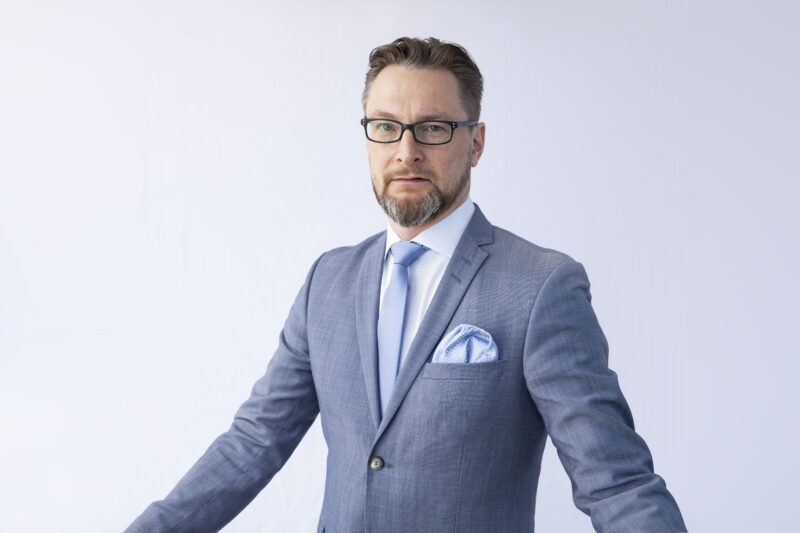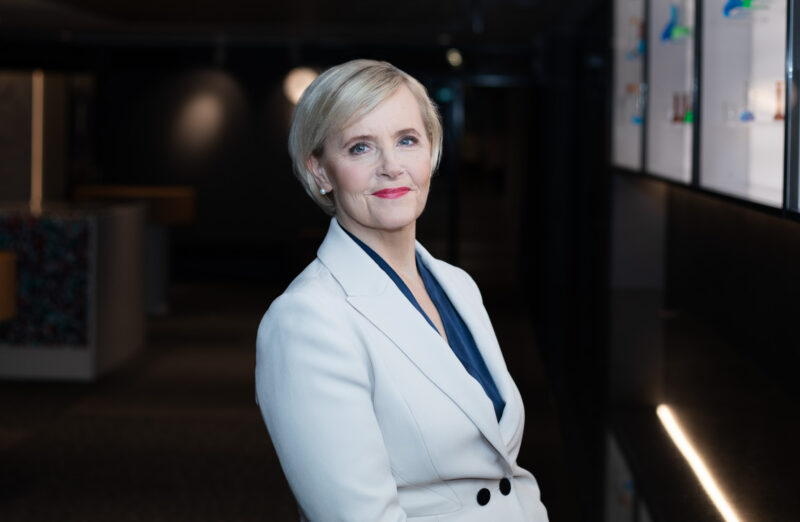
OPINION
Finlandia Declaration Paves the Way for the Finnish Industry
“Industrial projects and investments are long-term commitments that create jobs and production for decades. They are also commitments to cleaner production and emissions reduction”, writes Liisa Hurme, CEO of Orion Pharma and Chair of the Board of the Chemical Industry Association of Finland.

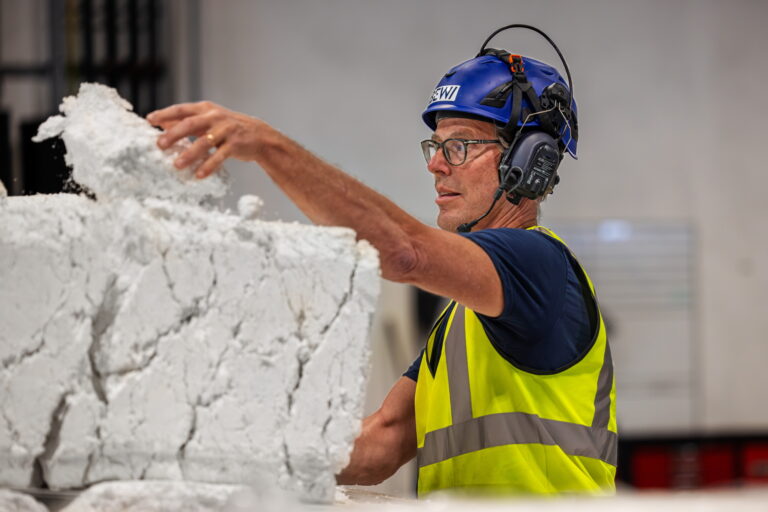
Steps Toward Tomorrow
BEWI: Used Fish Boxes Recycled into New Raw Material in Porvoo

News
Kemira and IFF Form Joint Venture To Produce Biobased Materials at Scale
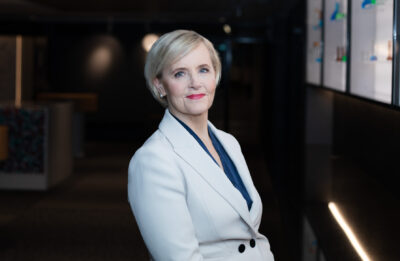
Opinion
Industry Aims to Change Finland’s Course and Promote the Clean Transition – Finlandia Declaration Paves the Way

Opinion
Annina Jansson: ”Every young person should dare to try STEM!”
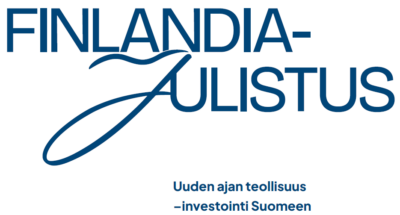
Press releases
Over 200 companies propose new measures to the prime minister to modernize industry and accelerate sustainable growth

Press releases
Agreements covering 37,000 employees in the Road Transport and Oil Products Sectors approved

Press releases
All White-Collar Agreements in the Chemical Industry Finalized

Press releases

